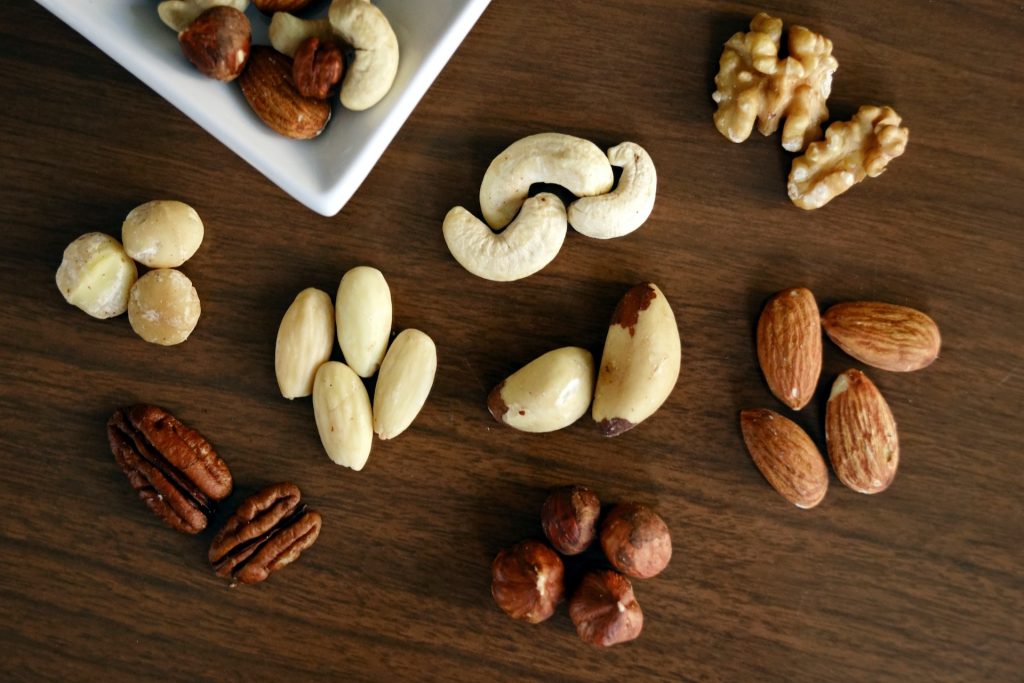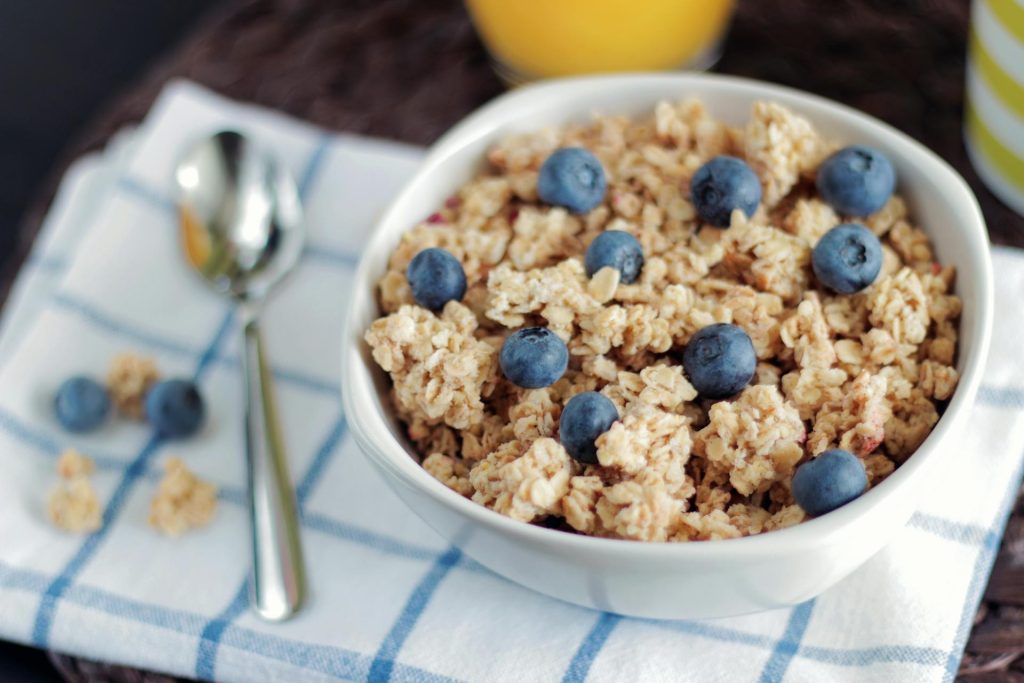Home
High blood sugar and liver fat accumulation
High blood sugar will cause the liver to convert excess sugar into fat, which gradually accumulates in the liver and forms fatty liver.
Non-alcoholic fatty liver disease (NAFLD) is a common complication of high blood sugar and insulin resistance. It not only affects liver function, but may also develop into cirrhosis or liver cancer.
Controlling blood sugar levels and reducing excessive sugar intake can effectively prevent liver fat accumulation.
High blood sugar and digestive health
Long-term high blood sugar can affect the nerve function of the gastrointestinal tract, leading to gastroparesis, which is delayed gastric emptying, and then causing symptoms such as nausea, vomiting, and bloating.
High blood sugar can also lead to an imbalance in intestinal flora and increase the risk of gastrointestinal inflammation.
Controlling blood sugar not only helps prevent complications of diabetes, but also protects overall digestive health.
High blood sugar and arrhythmia
Long-term high blood sugar can damage the nerves and vascular system of the heart, increasing the risk of arrhythmia.
Especially for diabetic patients, cardiac neuropathy may cause irregular heartbeat and even increase the risk of sudden heart attack.
The risk of arrhythmia can be reduced by effectively managing blood sugar and reducing the incidence of diabetes complications.
Low-carb diet and blood sugar control
A low-carb diet is to reduce carbohydrate intake, prompting the body to consume stored fat as an energy source, thereby lowering blood sugar levels.
Studies have shown that a low-carb diet can significantly improve insulin sensitivity and help patients better manage blood sugar.
Before starting a low-carb diet, it is recommended to consult a doctor or nutritionist to ensure that this dietary strategy is safe and effective in helping to control blood sugar.
Benefits of quitting smoking on blood sugar control
Smoking not only directly damages blood vessels, but also reduces insulin sensitivity, leading to higher blood sugar levels.
Studies have shown that after quitting smoking, insulin resistance can be improved and blood sugar levels are easier to control.
For diabetic patients, quitting smoking can reduce the risk of cardiovascular disease and improve overall health.
Quitting smoking as soon as possible, combined with a proper diet and exercise, can significantly improve the effect of blood sugar control.
Chronic stress and blood sugar fluctuations
Long-term psychological stress can stimulate the body to release a large amount of stress hormones, such as cortisol, which can cause blood sugar to rise and even cause insulin resistance.
Excessive stress is often accompanied by an unhealthy lifestyle, such as overeating or lack of exercise, which further affects blood sugar management.
Through effective stress management, such as practicing meditation, regular exercise and maintaining good sleep, it can help stabilize blood sugar levels and reduce the risk of diabetes.
Food Stocking Tips for Blood Sugar Management

Choosing foods with a low GI (glycemic index), such as whole grains, beans, and vegetables, can help maintain stable blood sugar levels.

Keeping healthy snacks at home, such as nuts, unsweetened yogurt, and fruit, can effectively deal with sudden hunger pangs and avoid blood sugar fluctuations.

Preparing ready-to-eat healthy meals, such as frozen vegetables and pre-cooked whole grains, can quickly provide nutritionally balanced meals on busy days.

Regularly checking and updating food stocks to ensure that healthy options are always available can help keep blood sugar in the ideal range for a long time.
Contact
(406)327-1212
2345 S 11th Ave, Bozeman, MT 59715 United States
[email protected]
Disclaimer
This information is for informational purposes only and is not a substitute for professional medical advice, diagnosis or treatment. We do not advise, recommend or endorse any specific prescription drug, or other information. We do not provide any warranty for any information. Seek your doctor’s advice before starting, changing, or discontinuing any treatment.
Copyright © 2024. Barbaraoneillgummies.org